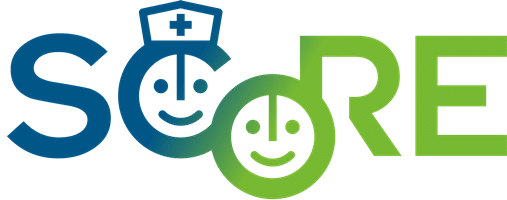The Migration issue in Greece
The Balkan region, especially Greece, is under great pressure due to migratory flows, as inflows from neighbouring countries are rising. Arrivals every week are increasing, and more and more people are added to the thousands of immigrants already on the islands as well as on the mainland.
In the islands of the Aegean, Lesvos, Chios, Samos, Kos and Leros, hotspots continue to host a large number of people, despite hundreds of people being carried out systematically.
Daily arrivals continue unabated, prompting the empty space to be replenished, while the guests are far outpacing the infrastructures.
Challenges in service delivery and prospects.
At the same time, migratory flows to the European Union as a whole indicate a general decline, but the issues continue to be particularly intense.
Some of the most serious issues that have been identified are in-hospital incidents, while patients who need special management due to cultural specificities have increased sharply because of the migratory.
In addition to the cultural particularities of patients, staff and caregivers in the front line of refugee and immigrant care must also face many cases of people who do not know the language of the country.
Compared to other countries in Europe that are more familiar with such differences, in Greece, doctors and patients are finding difficult to reach a basic level of communication.
It is very important to bridge the gap between refugees and staff who contact them every day.
The European Project SCORE (Erasmus+ KA2), aims to create an innovative framework for the training of professionals working with refugees and immigrants.
More specifically, the Project will provide to health professionals and caregivers with the appropriate skills and abilities needed, to be able to provide the care that refugees and immigrants need.
Project partners are from Greece, Italy, Spain and Denmark.
Τhis article was originally published by p-consulting.gr



